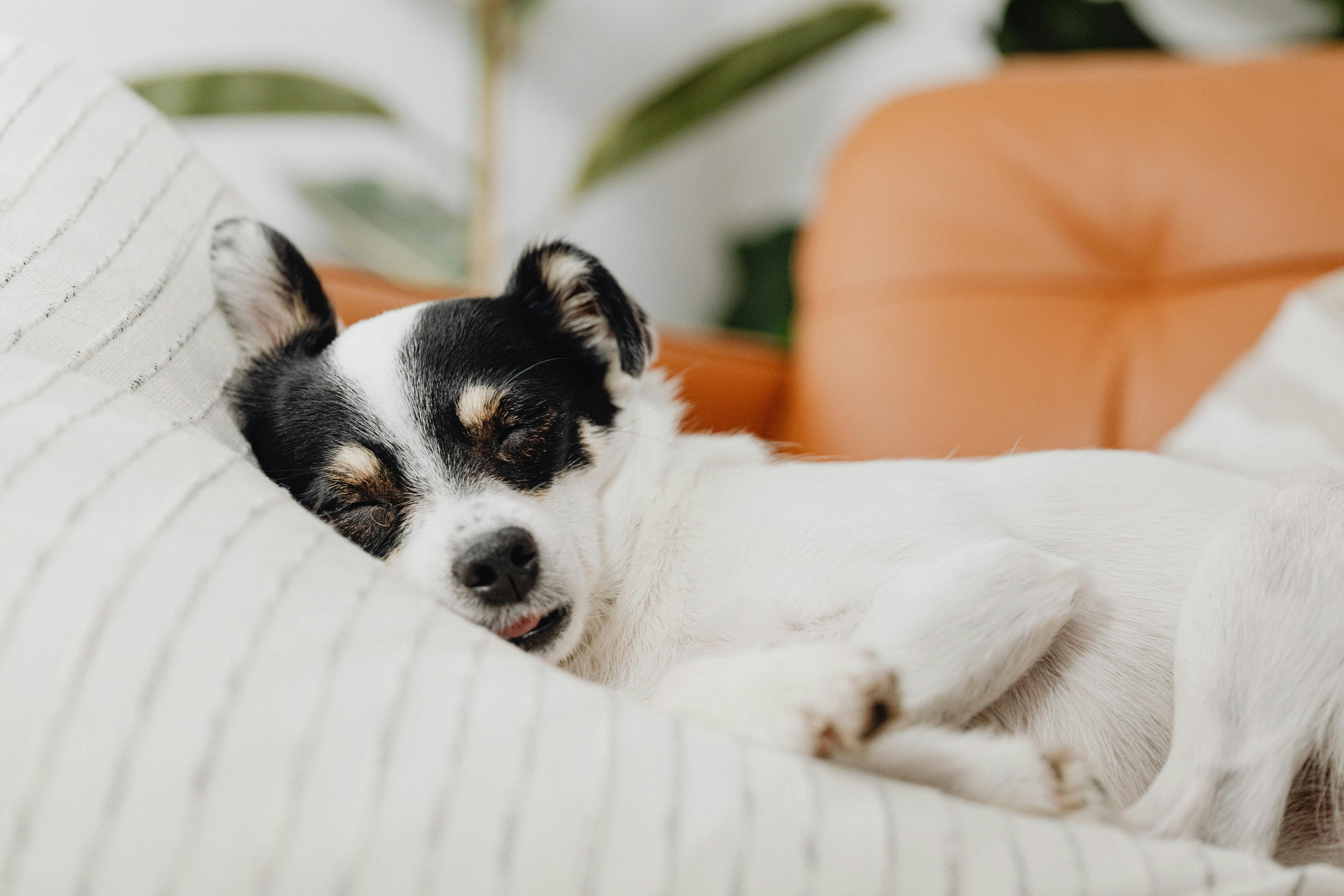Many bad dog behaviors, such as a dog stealing food, are actually instinctive dog behaviors. In this series of articles, we illustrate the issues and show you how to cure unwanted canine behavior, with a special focus on dog pack instincts.
“What do you think you’re doing?” you exclaim, trying to retrieve the meat that was so cleverly stolen from your plate. You’ve been successful, but the meat is now a bit slimy and unpalatable to humans. The part that really makes you smoke is that Max doesn’t seem to put two and two together: (1) You’re mad at him because he was a bad dog. (2) He stole your perfectly cooked and delicious smelling food!
What are the dog pack instincts at work here? Food and mating are the ways that dogs become stronger in a pack. Pack members will scare Omega ranked ones away from the kill, and higher rankers will sometimes remove meaty bones from lower ranked dogs.
Note: Chasing others away and standing on food to claim it is a much more common act than dogs taking each other’s food.
For example, you may have observed a litter of puppies. Sometimes a pup will sneak in and try to drag “all the kill.” So it’s a game to him, but he’s playing the future dominant role for him. True aggressive dominant fight-all behavior has to be enacted among young puppies as part of their development, maturation, and socialization, making them a real dog. They correct each other.
Some pups may use their bodies to try to block others from the food bowl. When puppies are not naturally told “no” by other dogs, then they will seek to say “no” themselves to all comers when it comes to their food. This is the genesis of many dog food aggression problems, including people being bitten. Just remember that pups that are separated from their littermates too young can develop aggression and biting problems, because they haven’t had time to learn by acting these things out in their pack life.
As they get older, the pups will have learned the calmer grab-and-claim behavior of standing on food. It is the calm and assertive pups that will end up leading the pack, because the aggressive and hotheaded dominants are not stable enough.
However, either way, your domestic dog has this innate wild dog behavior to snatch food, or drag prey, or stand on food, claiming it at least as much for pack status, assertion of authority as for nutrition. Until he is taught otherwise, he will try to steal your food!
Solution? The easiest way I’ve found to deal with a food-stealing dog is to give Max one place to stay, a line he can’t cross during dinner. If Max breaks the limits, stop eating immediately and take him back to the spot or line. The mother’s action of pushing him back makes him understand what you expect. She then names it, like “stay” or “no more”, whichever you choose. The dog then connects the words with the required act.
You may have a few meals interrupted like this, but Max will pick up on it very quickly if it’s consistent.
Remember to solve all dog behavior modification problems: reclaiming your position as pack leader, then firmly and consistently instructing and correcting Max will allow you to cure unwanted dog behavior, including instinctive dog behavior such as a dog that steals food
